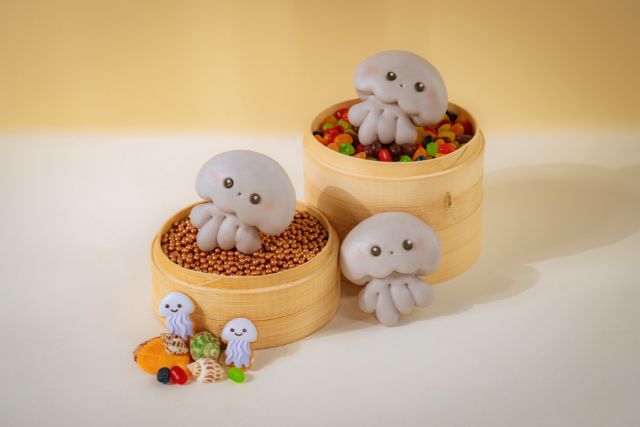A classic Singlish joke told to me by Jordan, a 6 year old boy goes like this – The phone rings ‘green green!’ I ‘pink’ up the phone and said ‘yellow’. The caller wanted to speak to my father, I said ‘my father not ‘black’! We had a good laugh.

Singapore Colloquial English, fondly known as Singlish is an exotic lingua franca developed over the decades with the influence of multi-racial backgrounds. Singlish borrows from two or more languages such as English, Chinese, Malay, embodying a whole new grammatical structure and way of pronunciation.
⇒ Related Read: Is Speaking Singlish Really That Bad
Parents may be concerned about their child growing up speaking and talking like PCK Pte Ltd.
Should we embrace Singlish or trash it?
As a general rule of thumb, toddlers should be exposed to good sources of English. This is particularly so as young children often learn languages by listening to the way their parents, main caregivers or teachers talk. This has a big influence on a child’s accent, intonation, pronunciation, vocabulary and learning to form proper sentence structures in English.
School-aged children who have a good command of both Singlish and Standard English can freely choose a register based on the context. Singlish becomes an area of concern when difficulties with code-switching from Colloquial English (Singlish) to Standard English arise. This interference from Singlish could cause problems in tasks such as during formal oral examinations or written tests.
For children who struggle with their English language or have been identified with a language delay, here are some suggestions for parents:
- Expose your child to good sources of English – listening to audio tapes of books that model Standard English, engaging in storytelling competitions, join a book reading club in school.
- Choose comic books with care. Here is a good website that teaches you have to use comic strips in a fun and educational manner.
- Encourage your child to say or think aloud. This gets him or her used to thinking in English, and using proper grammatical structures E.g. “I go school now” should be modeled or rephrased as “I am going to school now”.
- Keep a list of words to learn (E.g. a vocabulary list). Even if your child does not find time to go through his or her vocabulary list and it keeps on building up, just the act of choosing which words they need to learn, and writing them down on a special list can help. This would be useful for cloze passages.
Contributed by Lisa Lim Su Li, Clinical Director and Senior Speech Language Pathologist, The Speech Practice.
* * * * *
Like what you see here? Get parenting tips and stories straight to your inbox! Join our mailing list here.
Want more comprehensive info? Check out our e-guides here.

















































